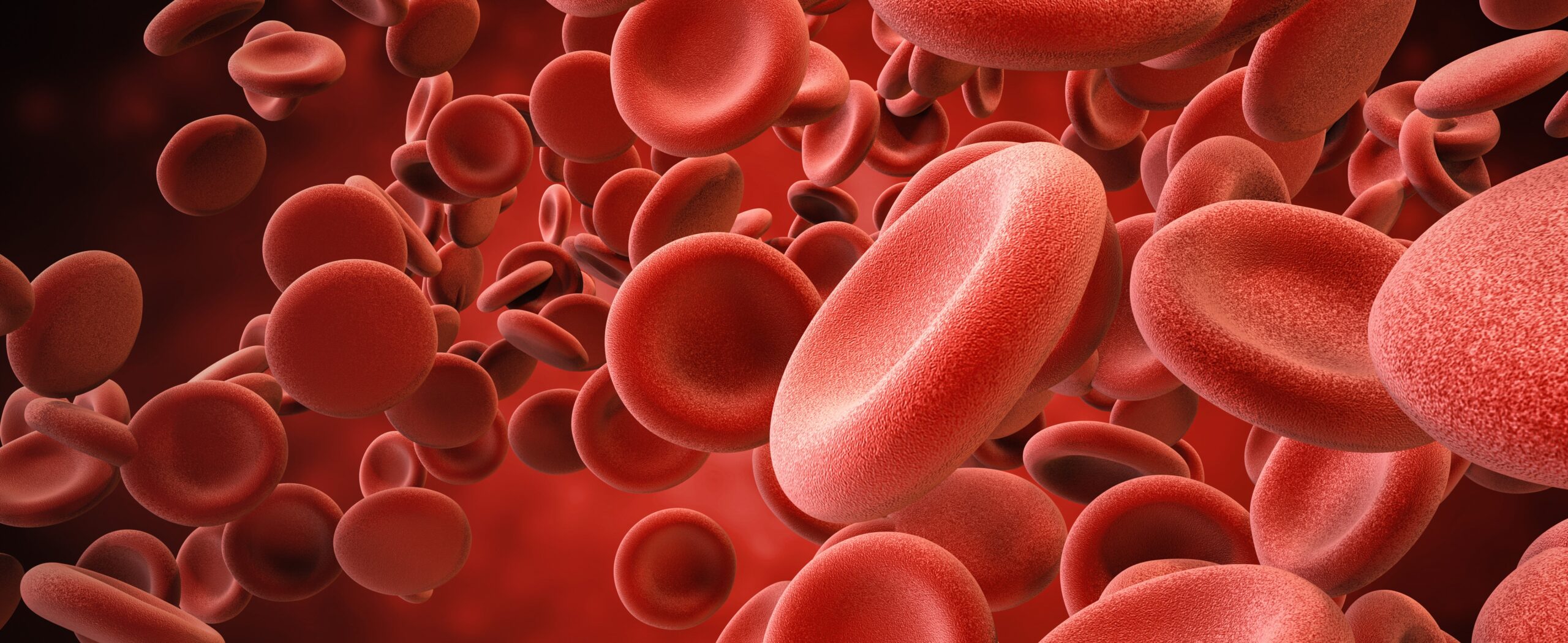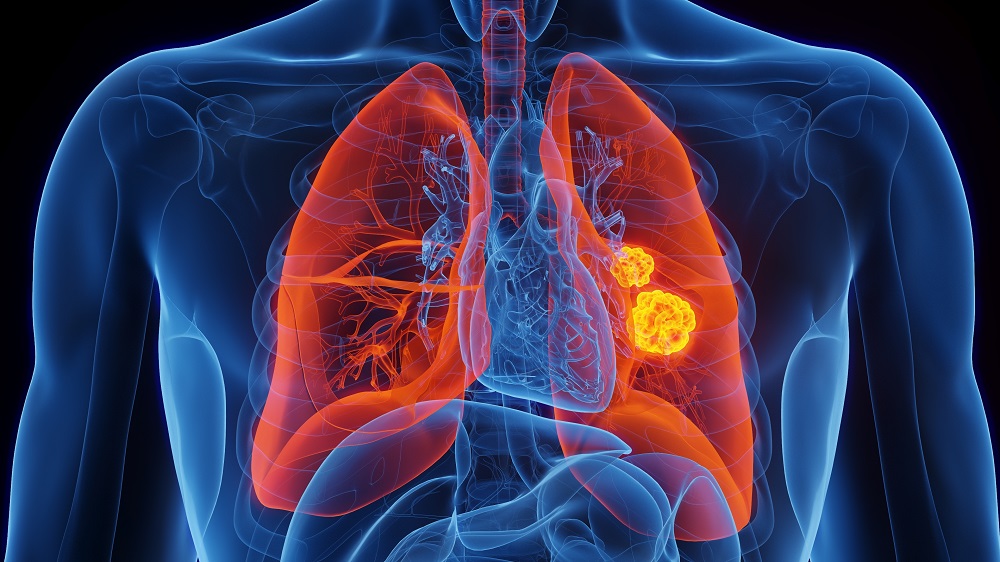
Targeted treatments and immunotherapy for Breast Cancer
Virtual delivery via MS TeamsThis course explains why breast cancer arises, the different ways that the DNA in our cells gets damaged and the targeted treatments that match a few of the known mutations. It also explores the science behind hormone therapies, targeted therapies, and immunotherapies given to patients with hormone receptor-positive, HER2-positive, and triple-negative breast cancer.

Laser Protection Supervisor (LPS) Training
Virtual delivery via MS TeamsOur Laser Protection Supervisor (LPS) Training encompasses the fundamental principles of laser safety. We combine self-paced learning materials with practical scenario-based teaching. This course aims to provide you with the appropriate knowledge and confidence to fulfil your duties as an LPS in your workplace.

Targeted treatments and immunotherapy for Haematological Cancers – May 2026
Virtual delivery via MS TeamsHaematological cancers differ from solid tumours in many ways: in the mutations that drive them, their interactions with their environment, and the treatments that are effective against them. This course introduces the biology, behaviours and genetics of this diverse group of diseases with a focus on the features we can now target and the mechanisms of action of the various treatments

Demystifying the Science Behind Systemic Treatments for Prostate, Bladder and Kidney Cancers – July 2026
Virtual delivery via MS TeamsDuring this introduction to the science behind a wide variety of systemic treatments given to people with prostate, bladder, or kidney cancer, Dr Elaine Vickers will discuss current hormone therapies, immunotherapy and targeted treatments.

Targeted treatments and immunotherapy for Lung Cancer – September 2026
Virtual delivery via MS TeamsA focus on modern systemic treatments for non-small cell lung cancer (NSCLC) as well as the gene faults that drive many NSCLCs; the targeted treatments that exploit these faults, such as inhibitors of EGFR, ALK, ROS1, B-Raf, HER2, MET, and RET; the immune system and checkpoint inhibitor group of immunotherapies, including PD-1, PD-L1 and CTLA-4 targeted antibody therapies